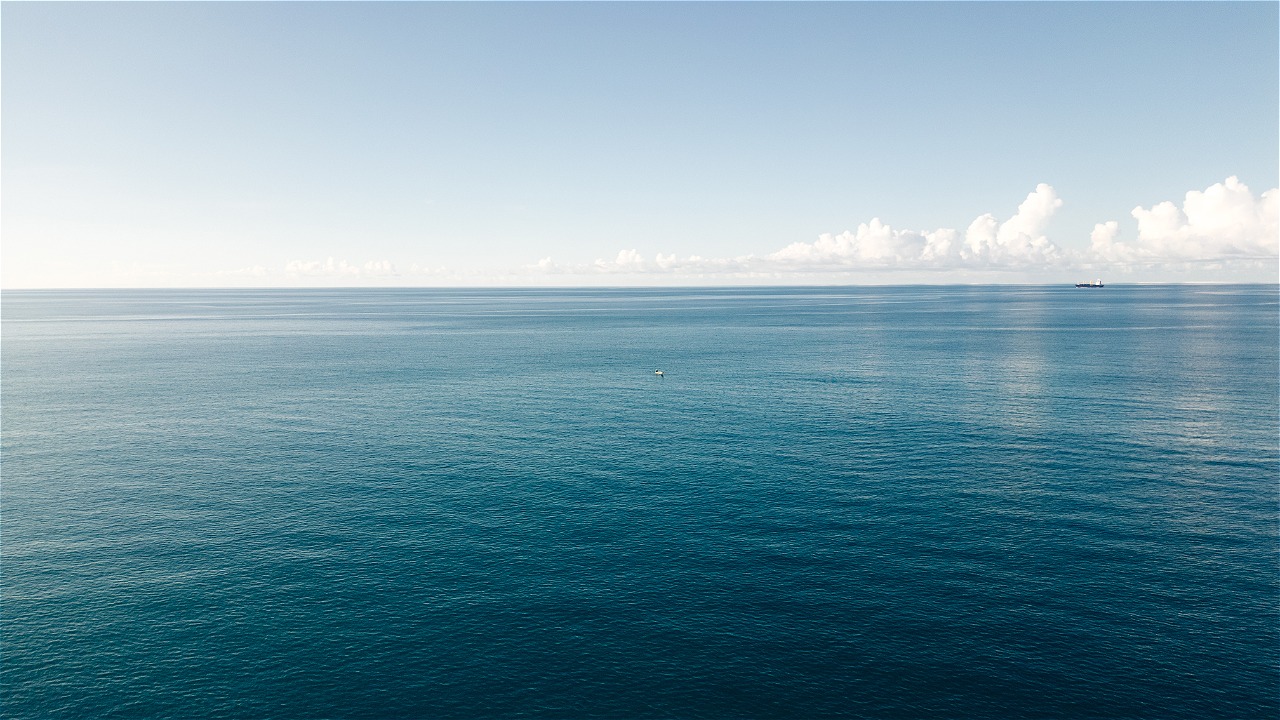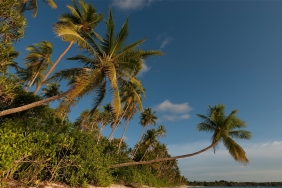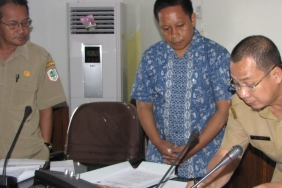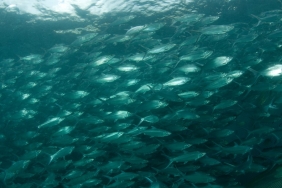INITIAL ASSESSMENT OF FISHERIES PRACTICES AT SAUSU PEORE AND PASI GUSUNG
By: Buguh.T (Capture Fisheries Assistant for Reef Fish and Shrimp Commodities)
The economic value of reef fish, which ranks third in Indonesia's exports after tuna and shrimp, does not guarantee that its fishing practices are carried out in an environmentally friendly and sustainable manner. Responding to this challenge, in 2013 WWF-Indonesia Foundation together with 12 local NGOs spread across Indonesia initiated the formation of the Responsible Fisheries Network - Nusantara (JARING - Nusantara). With three main programs: Improvement of capture fisheries, improvement of aquaculture and the fight against IUU (Illegal, Unreported, Unregulated) fishing.
Following up on one of the main programs, namely the improvement of capture fisheries, on October 4-9, 2015, WWF-Indonesia together with KARSA Institute Foundation conducted initial fisheries improvement activities for assisted fishermen in Sausu peore, Parigi Moutong regency, Central Sulawesi for reef fish commodities. The activity continued on October 10-13, 2015 together with Eco Natural Foundation for assisted fishermen in Dopa Village, Pasi Gusung Island, Selayar Regency, South Sulawesi.
In this initial assessment, interviews were conducted with relevant agencies and fishermen. Fishermen were selected based on their age representation, knowing the history of reef fishing and the differences in practices from time to time. Direct surveys on reef fishing activities by assisted fishers were also conducted to find out the problems faced at the location. Assessments were conducted using the following three main principles: 1. status of fish stocks, 2. impacts of fisheries practices on ecosystems and habitats, and 3. management that supports the previous two principles.
From the results of this initial assessment, several findings were obtained:
1. There is no fish stock status at the assessment sites
.
Currently, both assessment sites do not have reef fish stock status at the local level. This is because fishermen have not been recording their catches. In fact, the status of fish stocks is very important to determine the trend of catches from time to time and become one of the foundations in the formation of fisheries management.
2. The absence of fisheries management that is environmentally friendly and supports the sustainability of fish stocks
.
Currently, both initial assessment locations do not have fisheries management that is environmentally friendly and supports the sustainability of fish stocks. So that fishing practices, especially reef fish commodities in the two locations, are still not well regulated. There are still many reef fishing activities that are not environmentally friendly by fishermen in the two locations.
Furthermore, the findings of this initial assessment were used as the basis for the preparation of the FIP Workplan (Fisheries Improvement Program). In the FIP workplan, a work plan was developed that aims to improve and fulfill the shortcomings of the findings. So that fishers can practice more environmentally friendly practices and pay attention to the sustainability of reef fish stocks themselves. That way fishermen not only protect the environment, but also protect their livelihoods.
In the future, Yayasan KARSA Institute and Eco Natural are committed to improving reef fish fisheries practices by implementing the FIP workplan that has been developed together. In its implementation, the two members of JARING - Nusantara will involve all stakeholders involved in reef fish fisheries activities in both locations so that the fisheries practice improvement program can run more effectively.





